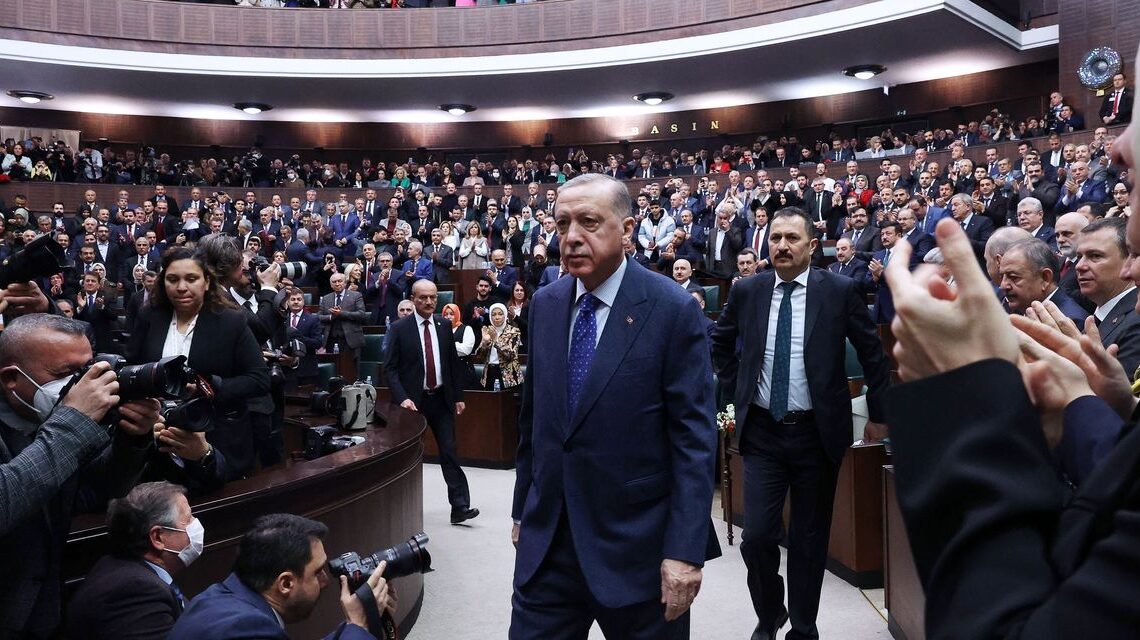ANKARA, Turkey—Russia’s invasion of Ukraine one year ago unleashed global economic turmoil. In Turkey, it has proved an unexpected windfall for President Recep
Tayyip Erdogan.
The Turkish leader has managed to make himself indispensable to all sides of the conflict, a position that is reaping economic rewards that have helped ease the Turkish state’s financial troubles. The turnaround has bolstered his position ahead of a national election that could cement his position as Turkey’s most powerful ruler in nearly a century.
Under his watch Turkey has profited by selling lethal drones to Ukraine that mowed down Russian troops in the early days of the invasion. Mr. Erdogan is also one of the few world leaders who speaks regularly with Russian President
which has put him in the middle of diplomatic efforts on prisoner exchanges and vital food exports. Partly to evade Western sanctions, Russian oligarchs are pouring money into Turkey.
The war has given Turkey new leverage over the North Atlantic Treaty Organization. For months, Mr. Erdogan has threatened to prevent Finland and Sweden from joining the mutual-defense bloc. Now the U.S. is hoping to use the sale of a fleet of new F-16 jet fighters to prod him to approve an expansion of the alliance.
Modern Turkey, like its predecessors, has long wrestled with its category-shattering place at the intersection of Europe, Asia and the Middle East. For Mr. Erdogan, his unique relationships with Europe and Russia cap two decades of efforts to transform Turkey into a power with a global military and diplomatic reach.
“We decided, you know, we should be the power brokers,” said Ilnur Cevik, a senior foreign-policy adviser to the Turkish president, referring to discussions among Turkish officials last spring after Russia’s initial assault on Kyiv failed. “Everybody felt this is our moment.”
Mr. Erdogan’s office didn’t respond to a request for comment.
Mr. Erdogan has reshaped Turkey since he rose from a hardscrabble neighborhood of Istanbul to become the city’s mayor in the 1990s and then prime minister in 2003 and president in 2014. Once celebrated for leading an economic boom that lifted millions into the middle class, he has gradually become more authoritarian, replacing Turkey’s parliamentary system with one commanded by an imperial presidency in a 2017 referendum.
Under his watch Turkey became…
Click Here to Read the Full Original Article at WSJ.com: World News…

